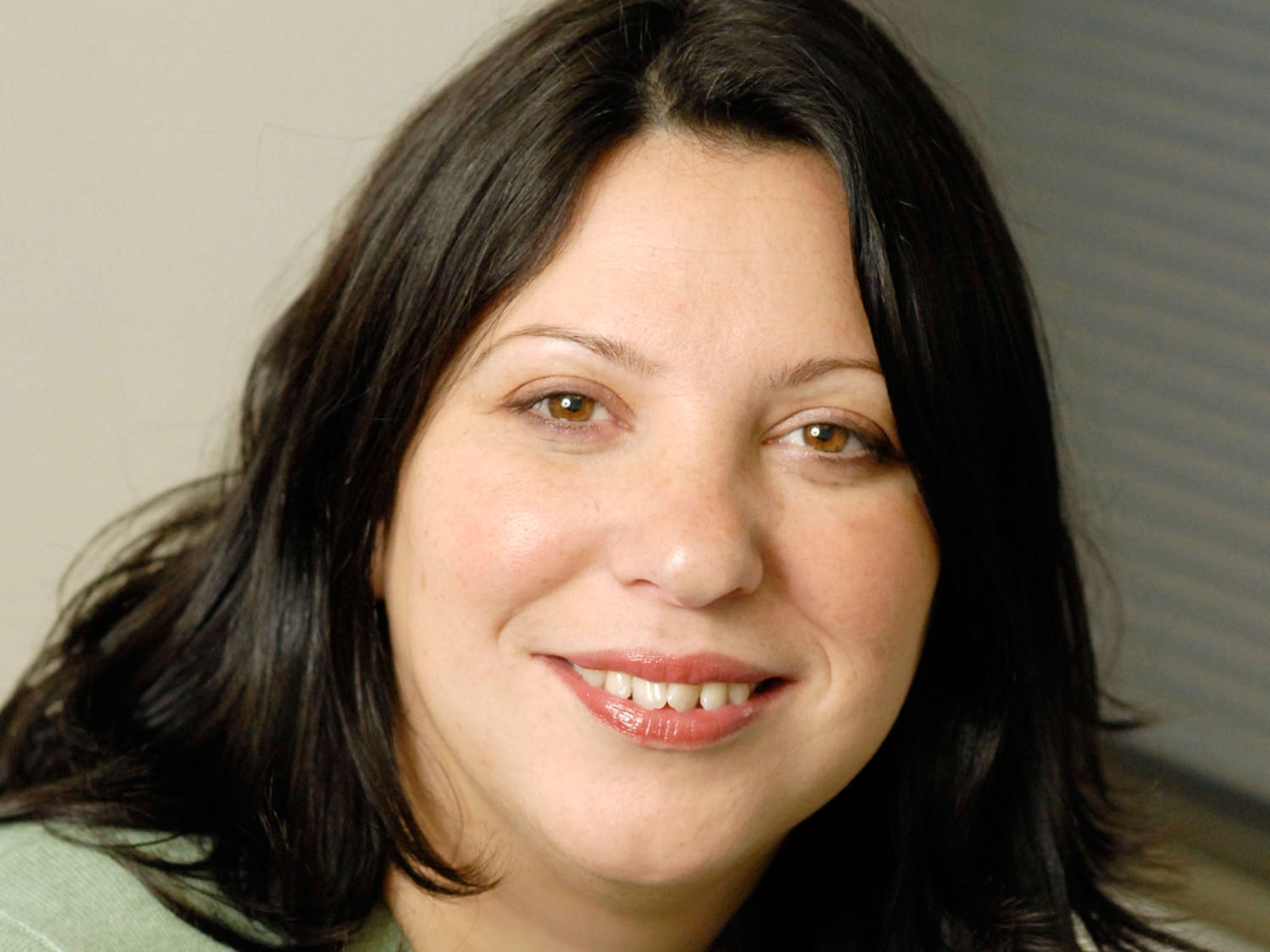Non-exec pay rises at slowest rate in 15 years

Fees paid to part-time non- executive directors (NEDs) on the boards of big companies have increased at the lowest rate for more than 15 years, a study by consultant PricewaterhouseCoopers will reveal today.
But the 3 per cent median fee increase across the FTSE 100 in 2015 still outstrips the rise in average wages in the wider economy, which official figures last week revealed had slumped to just 2 per cent. FTSE 100 chairmen did much better: their median fees increased by 5 per cent to £393,000 in 2015. More humble NEDs received £65,000 for their part-time roles, which typically require them to put in about a month every year.
The figures will be published in PwC’s annual non-executive director report. Compiled from information in the annual reports of companies published in 2015, it says the median non-executive director base fee increased by 7 per cent in 2014, more than twice as much as this year.
Fiona Camenzuli, a partner in PwC’s reward & employment team, said: “The 2015 data suggests that there has been a conscious decision to align practice for NED fee increases with that of the executive team and the rest of the workforce, through more gradual fee increases.
“The environment has changed and boards are mindful of the broader debate on fair pay and the likely impact on their reputation and brand, although it remains to be seen if this trend continues when companies review fees in 2016.”
It emerged at the weekend that the number of profit warnings issued by UK-listed companies rose to their highest levels since the financial crisis.
According to data compiled by Ernst & Young, some 313 downgrades were posted in 2015, the most recorded since 2008. The final quarter of the year saw the most profit alerts since the 2001 dotcom crash as falling oil prices, an imminent US interest rate rise and fears over Chinese growth triggered global financial gloom.
Subscribe to Independent Premium to bookmark this article
Want to bookmark your favourite articles and stories to read or reference later? Start your Independent Premium subscription today.

Join our commenting forum
Join thought-provoking conversations, follow other Independent readers and see their replies